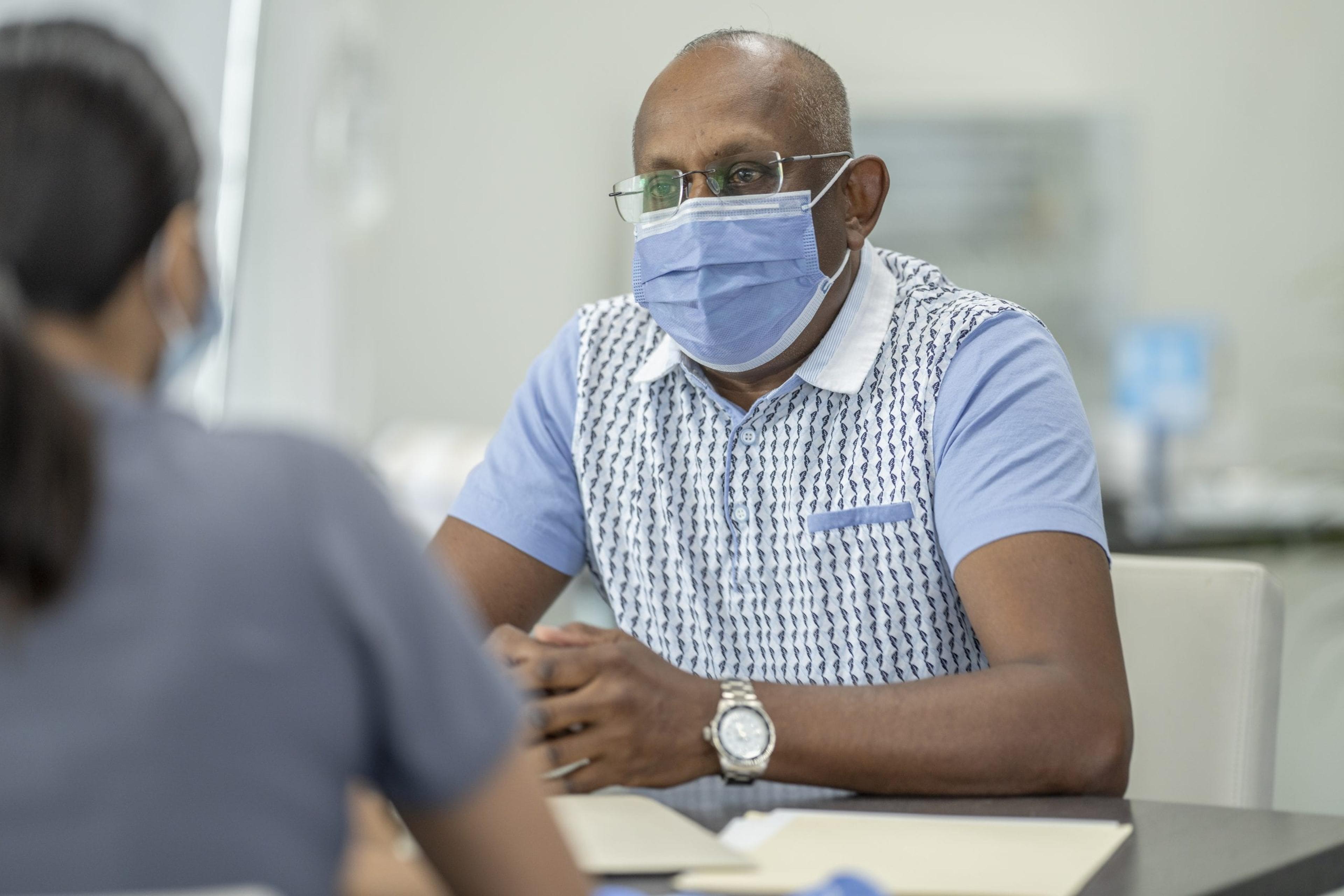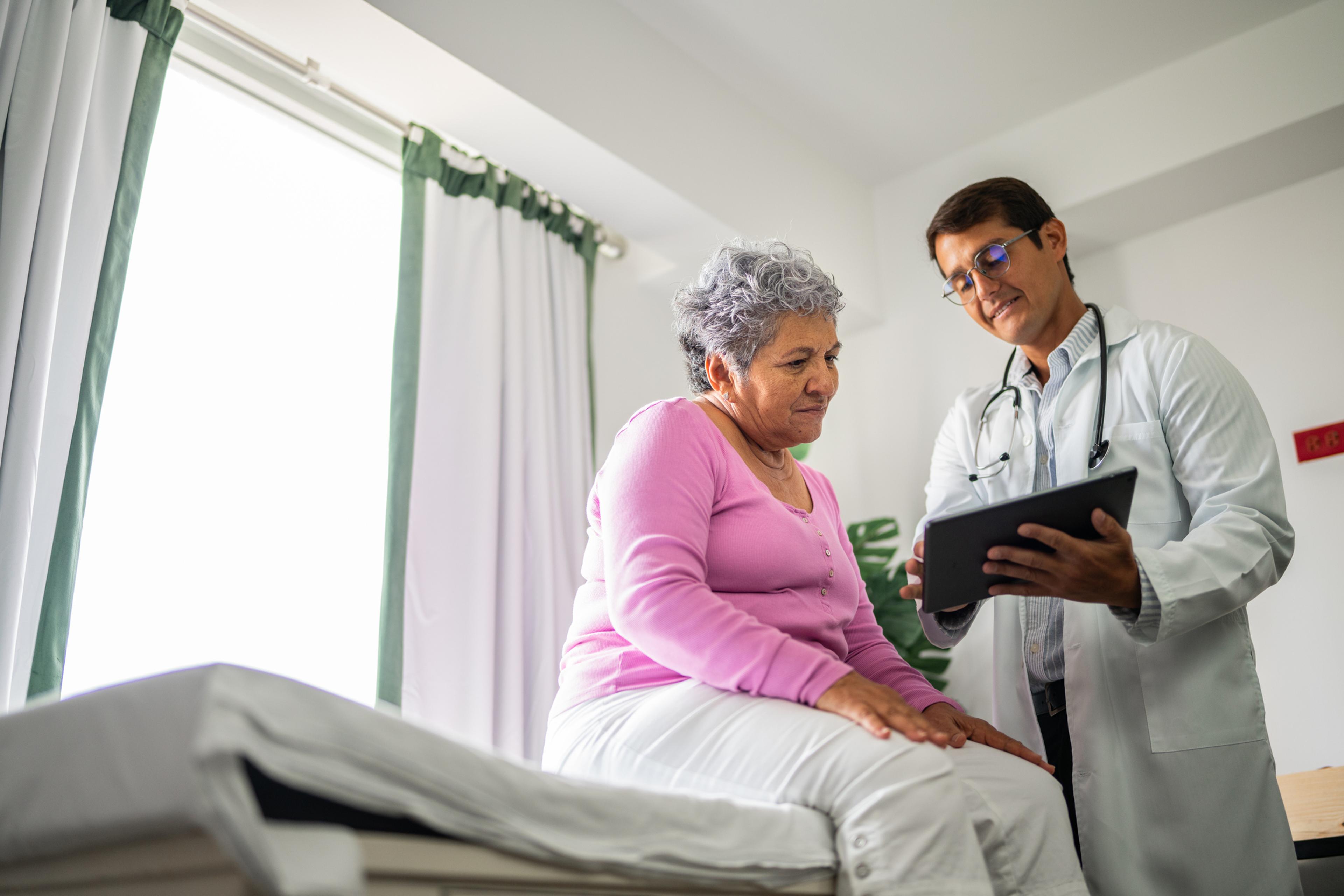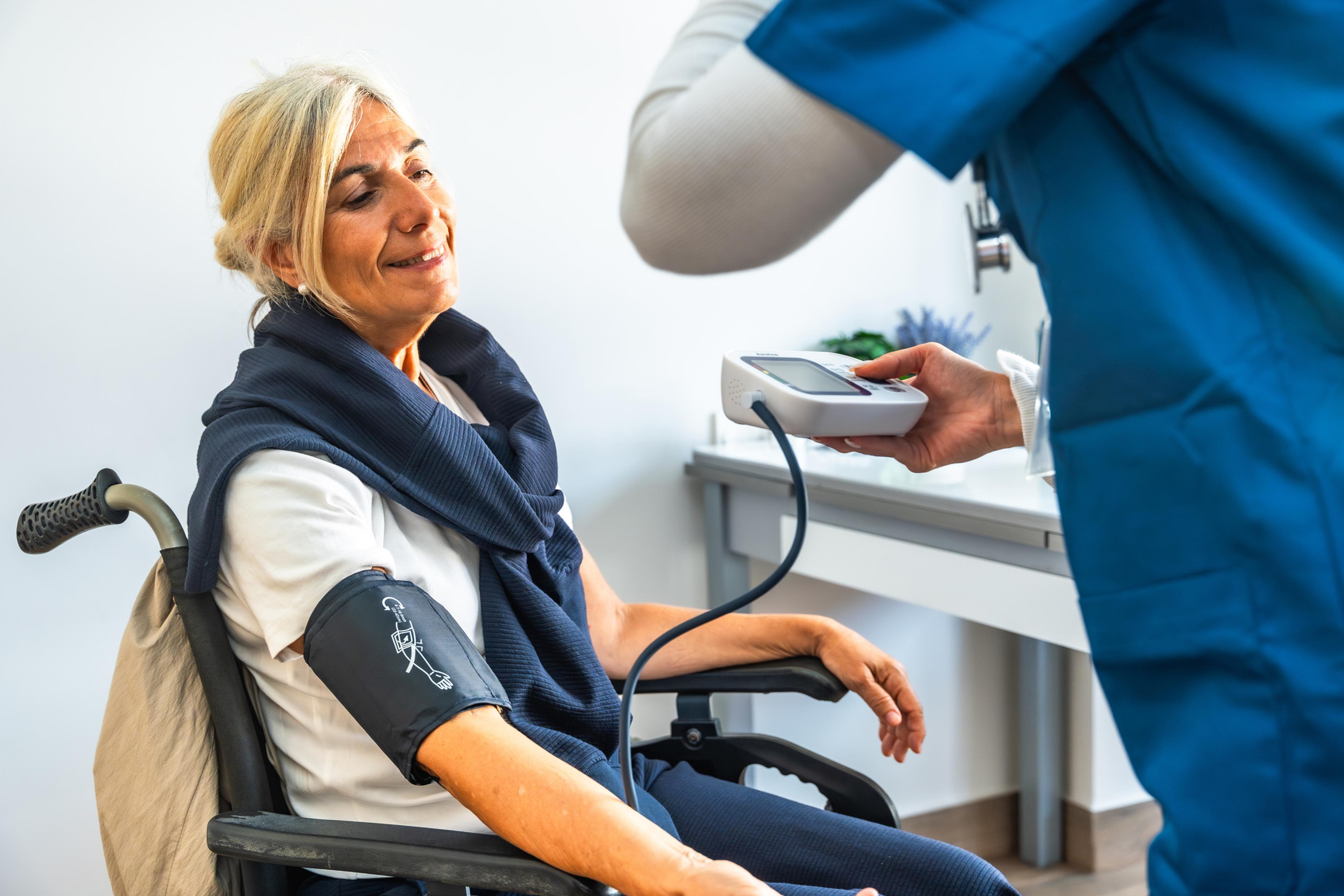Don’t Let the COVID-19 Pandemic Stall Your Colorectal Cancer Screening

Despite the continued COVID-19 pandemic, cancer screening remains a public health priority.
As states announced stay-at-home orders and health systems prioritized combatting the pandemic last spring, many medical providers across the country immediately halted most “non-essential” care, including cancer screening and some cancer treatments. Patients postponed or were unable to access clinically recommended age-determined screening tests that diagnose cancer when it is most treatable.
The impact was immediate. More than one third of adults have not received their recommended screening tests during COVID-19. In spring 2020, screening tests for colon cancer dropped by 90%.
Colorectal cancer is the second most common cause of cancer death in the United States when men and women are combined. But that risk drops dramatically when the cancer is caught early. The most powerful weapon we have against colorectal cancer is regular screening. You should have a conversation with your doctor at age 45 about when to start regular screening.
Many people with early-stage colorectal cancer have it and don’t know it. That’s because the signs and symptoms of colorectal cancer can be vague and ill-defined such as rectal bleeding, change in bowel habits, or vague abdominal pain. Many people have no notable signs or symptoms at all.
Screening is the process of looking for cancer or pre-cancer in people who have no symptoms of the disease. With regular screening, doctors can find and remove polyps before they have the chance to turn into cancer or, ideally find the cancer early, when it's small, hasn't spread, and might be easier to treat. Several types of tests can be used to screen for colorectal cancer. The most important thing is to get screened, no matter which test you choose.
In 2021, an estimated 149,500 cases of colorectal cancer will be diagnosed in the US, and about 52,980 people will die from these cancers. In Michigan this year, an estimated 4,690 new cases will be diagnosed and about 1,640 people will die from colorectal cancer.
The chances of having colorectal cancer increases as we get older with most cases occurring after age 50. More than 9 out of 10 people with colorectal cancer are older than 50 years.Other risk factors include: a personal history of colon cancer, colon polyps, or inflammatory bowel disease, and a family history of colorectal cancer. A diet high in red or processed meat, inadequate intake of fruits and vegetables, physical inactivity, obesity, smoking, and heavy use of alcohol may also increase the risk of developing colorectal cancer.
People at increased or high risk for colorectal cancer based on a family history or personal medical history should talk to their doctor as they might need to be screened before age 45, be screened more often, or get specific tests.
Unfortunately, many people have put off most health care maintenance due to the pandemic. As a result, health care professionals are seeing more late-stage cancers. In fact, March 2021 has been my busiest month due to the large volume of colorectal cancers found as people have been coming back to get screened and others coming in with signs and symptoms of late-stage disease.
Colorectal cancer can be prevented and there are several effective screening options. We know the pandemic has disrupted cancer screening, but I urge you to talk to your doctor about getting back on track with colorectal cancer screening now. Don’t delay - it could save your life!
For more information about colorectal cancer screening guidelines, visit cancer.org/colon.
As of July 1, 2021, Blue Cross Blue Shield of Michigan and Blue Care Network will cover colorectal screenings for most members beginning at age 45 to align with the recommendation of the U.S. Preventive Services Task Force. For more information, click here. You can also visit bcbsm.com/colorectal for details specific to your Blue Cross Blue Shield of Michigan plan. Related:





